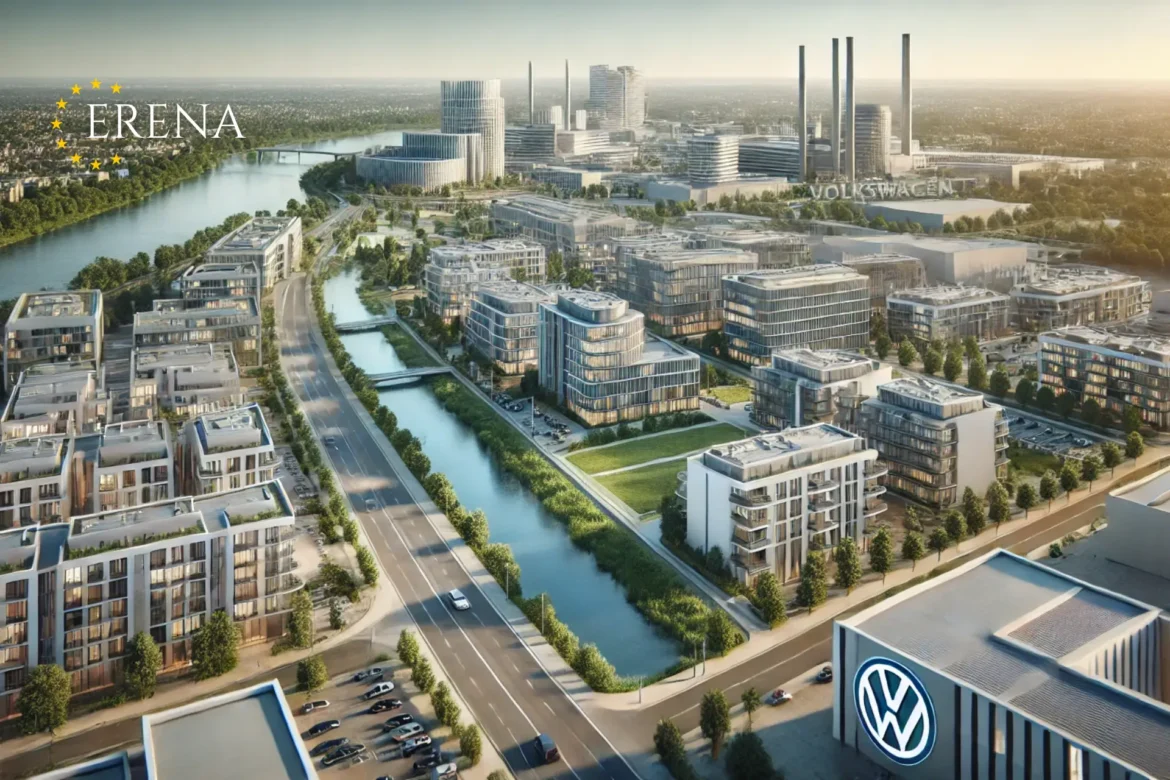Wolfsburg is a city inseparably linked to the automotive industry and Volkswagen. Founded in 1938 for the company’s employees, it remains economically dependent on its operations. In this article, we explore how Volkswagen influences Wolfsburg’s real estate market, current housing prices, and future prospects.
Volkswagen’s Economic Influence on the Real Estate Market
Volkswagen is Wolfsburg’s largest employer, providing jobs to thousands of people. Any changes in the company’s operations – production reductions, investments in new technologies, or workforce adjustments – directly impact the local real estate market.
🔹 During Volkswagen’s growth periods, housing demand rises, driving up property prices.
🔹 If job cuts or production relocations occur, real estate prices may decline.
Currently, Volkswagen faces challenges related to transitioning to electric vehicles. This shift could affect future housing demand, particularly if the company restructures its workforce in the region.
Current Real Estate Prices in Wolfsburg
Currently, the average price per square meter in Wolfsburg is €5,000. However, prices vary based on location:
🏡 City Center – from €5,500 to €6,500 per m²
🏘 Suburban Areas – from €3,500 to €4,500 per m²
🏠 Luxury Properties – can reach €7,000–8,000 per m²
High salaries at Volkswagen sustain these prices. However, potential economic shifts may lead to real estate market adjustments.
Rental Market in Wolfsburg
Wolfsburg attracts not only permanent residents but also expats, temporary employees, and professionals on business assignments, sustaining high rental demand:
🏠 1-bedroom apartment in the city center – €1,200–1,500/month
🏠 1-bedroom apartment in the suburbs – €800–1,000/month
🏡 3-bedroom apartment in the city center – €2,000–2,500/month
🏡 3-bedroom apartment in the suburbs – €1,500–2,000/month
Short-term rentals via platforms like Airbnb are also in demand, increasing the profitability of real estate investments.
Infrastructure Investments
Volkswagen continues to invest in Wolfsburg’s infrastructure, improving transportation, environmental sustainability, and living conditions. Key projects include:
✅ Expanding the transportation network
✅ Developing new residential areas for employees
✅ Investing in innovation hubs and eco-friendly technologies
✅ Enhancing green spaces and public facilities
These initiatives boost the city’s appeal and sustain high real estate demand.
Risks and Future Prospects
Despite the market’s stability, potential risks include:
⚠ Job reductions – a decrease in production could lead to population decline.
⚠ Rising mortgage rates – higher ECB rates may reduce demand for property purchases.
⚠ Shift to electric vehicles – while creating new jobs, this transition may also require workforce restructuring.
Conclusion
Volkswagen is the key factor shaping Wolfsburg’s real estate market. High wages, job security, and infrastructure projects support rising property prices and strong rental demand. However, potential corporate changes could reshape the market dynamics.

